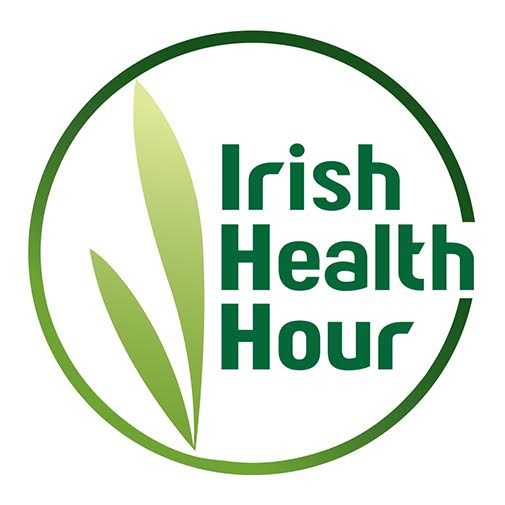Why Is My Hair Falling out - Triggers of Female Hair Loss
Guest blog post from Brigitte Evans Cosmetic Skin Care Consultant and an editor for HighStyleLife.com
Although it may sound like a big number, we normally lose anywhere between fifty to a hundred strands every day. This is considered normal, and the hair that you do shed every day will most typically be of the same length as the rest of your hair. However, if you find yourself losing significantly more than this, and you notice that few if any of them grow back, you need to look for the underlying issue and treat the cause, not just the consequence.
Genetics
Unfortunately, if baldness or some form of hair thinning runs in your family, then it’s safe to say you’ll encounter the same issue. Talk to your family members, see when they first noticed the receding hairline or the patches of thinned hair. That way, you may be able to slow down the process by working on your diet and choosing more optimal shampoos and other treatments for your scalp and hair. For instance, certain natural remedies such as rosemary oil can help slow down the process and stimulate healthy hair growth.
Stress
It’s no coincidence the saying tells you to “keep your hair on”, as with too much stress in your life, you may actually find yourself losing hair. Stress is a common modern-day trigger that leads to a slew of other negative symptoms such as hormonal imbalances, which in turn can cause an itchy and flaky scalp and lead to losing hair.
While we cannot always escape the source of stress, we can do our best to be more resilient to its triggers, through practicing meditation, breathing exercises, and other calming techniques.
Nutrient deficiencies
If you’re on a strict diet, or you’re simply restricting the intake of certain food groups, your body may be deprived of certain nutrients that are vital for healthy hair growth and vitality. For example, many people suffer from a deficiency in B vitamins, and it can be a challenge to consume them through your diet. That is why many people use hair supplements enriched precisely with micronutrients such as biotin (also known as B7), B6, and B12, all of which are essential for your overall wellbeing as well as your hair health.
Hormonal changes
Sometimes you can blame stress for your receding hairline, but more often than not, your body is going through some hormonal changes that may affect the health of your scalp, and consequently the growth rate of your hair. Many women during pregnancy, after childbirth, and later during menopause experience significant hormonal changes, which are linked to thinning hair.
However, you should consult your doctor to make sure that the issue is temporary, and to choose the best method to restore your hormonal balance depending on the culprit.
Side-effects of medical treatments
This may sound counterintuitive, but certain medications designed to treat various conditions might be the cause for your hair loss. For instance, certain birth control pills may lead to more hair shedding than your normal rate, while acne treatments containing vitamin A can have a similar effect on disrupting the health of your scalp. Certain antidepressants, antibiotics, and various weight-loss medications can also be the culprit, but the list goes on to many other medications. While some of them cause only temporary hair loss, if you’re using birth control pills, you can talk to your doctor to see if you can switch to a different pill that will be more suitable for your health and needs.
Hair-styling products
For the fashionistas among you who like to experiment with new hair products on a regular basis, and you tend to use heating tools such as the curling iron and the like, then perhaps it’s this practice that’s causing your hair to become thinner and to fall out more quickly. Wearing a ponytail all the time, and using similar hairstyles that require you to pull your hair tightly into a bun, which causes hair follicle inflammation, and hair breakage.
Also, consider nurturing your natural hair color, as frequent dyeing can also damage the treated hair, which may not contribute to slowing the growth of your healthy hair, but it can lead to more shedding.
If you notice any other symptoms, such as a sudden acne attack, or weight changes, you should definitely talk to your physician to check for an underlying issue. Perhaps your hormonal imbalance is linked to your thyroid not functioning properly, or a similar chronic issue that requires treatment. If, however, the cause is of different, temporary nature, you can always do your best to tweak your diet and lead a healthy life, and your hair will likely restore and retain its beauty and fullness.



